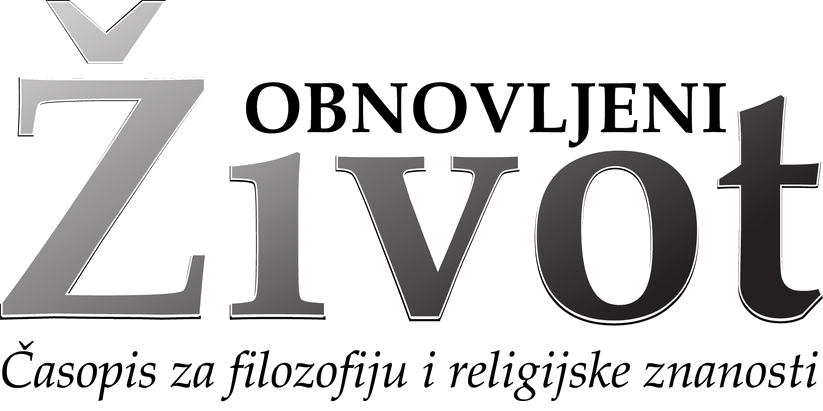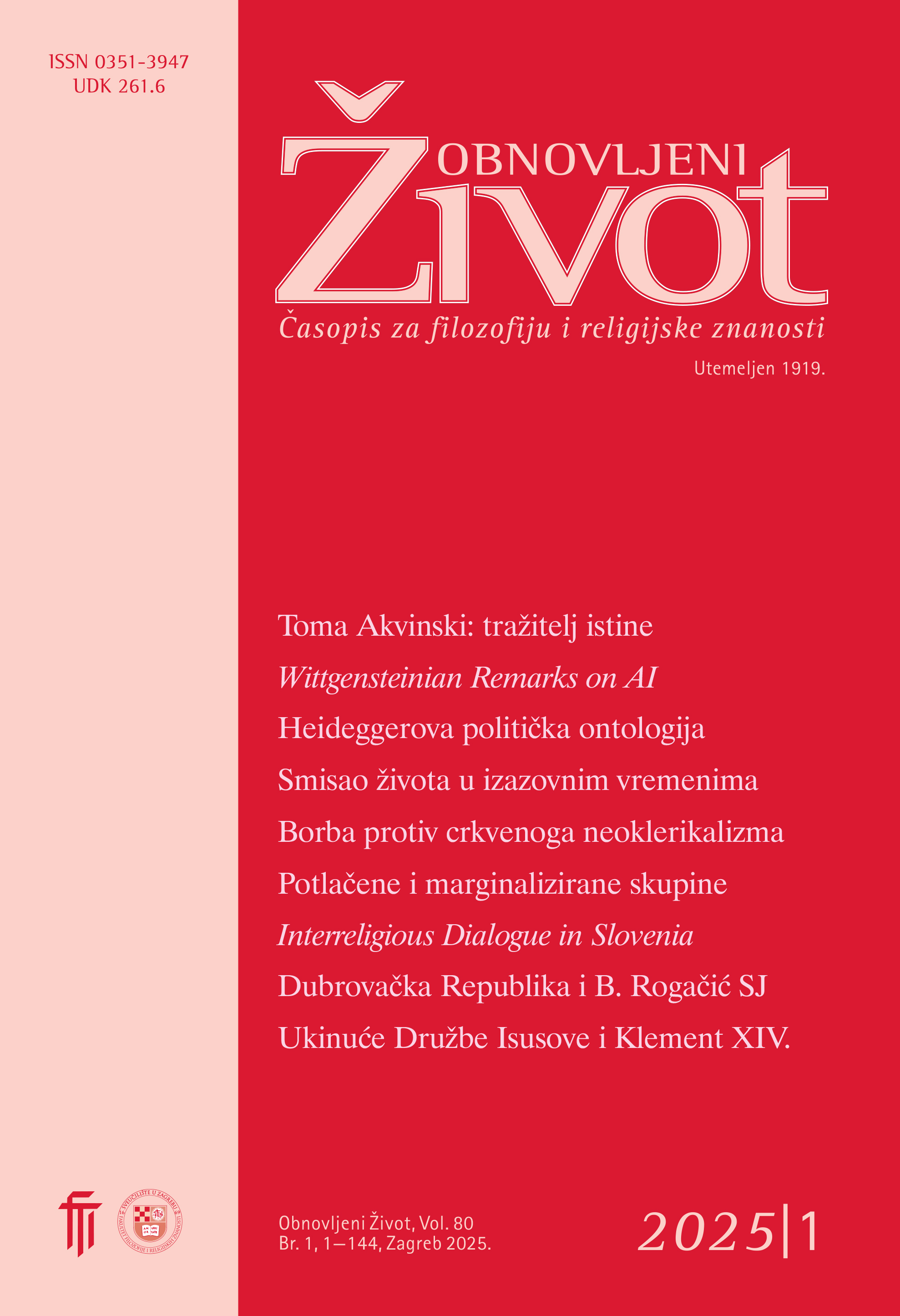The Suppression of the Society of Jesus
On the 250th Anniversary of the Death of Pope Clement XIV (1774)
Keywords:
Suppression of the Society of Jesus, Pope Clement XIV, Jansenism, Enlightenment, Bourbons, AbsolutismAbstract
The suppression of the Society of Jesus raises the matter to historians of the necessity to evaluate the processes that led to this unusual and unique event in world history. These processes are unimaginable without conceptual interpretations that shaped an incoherent but recognizable social perception of the Society as a body dangerous to the society of that time. Jansenism and the Enlightenment — in themselves deeply opposed to one another — were currents of thought pervading the 17th and 18th centuries which became allies in the process of social defamation and public aversion to the Jesuits. The Jansenists and Enlighteners tried to provide answers to the theological, moral and social preoccupations of the most developed part of Europe, while the Jesuits were viewing humanity from the perspective of the universal dimension of growth, from the process of maturation. Was this not a clash between two different modernities, two visions of responsibility for the human person and society? Perhaps a more correct thesis is that the Society of Jesus went too fast when considering the dialogue level of the epoche. In a thankless attempt to objectively measure the weight on a scale of what was given and what was received, it is difficult to escape the impression that the Society of Jesus in the time of the Suppression experienced a historical injustice. The essay wishes to present some aspects of this process, as well as the role of Pope Clement XIV, from the perspective of a time distance of two and a half centuries.
Downloads
Published
Issue
Section
License
Jednom prihvaćeni članak obvezuje autora da ga ne smije objaviti drugdje bez dozvole uredništva, a i tada samo uz bilješku da je objavljen prvi put u Obnovljenom životu. Uredništvo će obavijestiti autora o prihvaćanju ili neprihvaćanju članka za objavljivanje.
Članci objavljeni u časopisu se, uz prikladno navođenje izvora, smiju besplatno koristiti u obrazovne i druge nekomercijalne svrhe.


